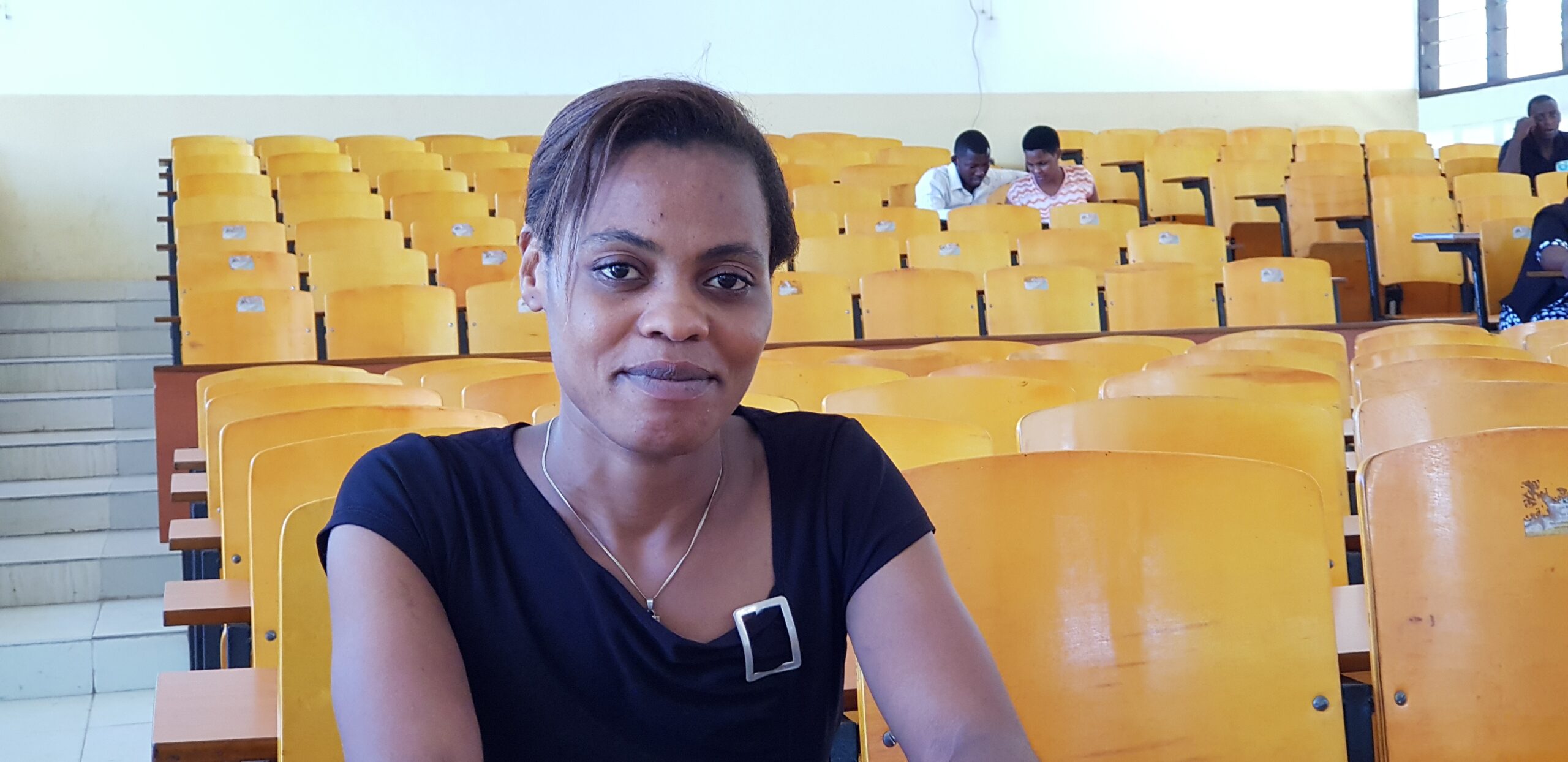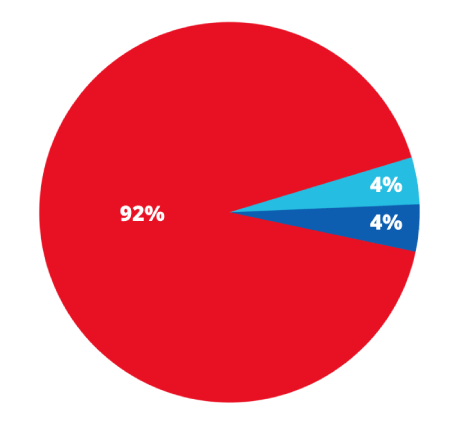Education is a fundamental human right, and one of the cornerstones of women’s empowerment.
No matter where you go in the world, one fact is constant: young women and girls who receive and complete their education are more successful, productive, and more in control of their lives. Educated women are more likely to enter the labor market, earning higher incomes when they do; are more likely to gain leadership positions in government and business; and have significantly more autonomy over their reproductive health.
The benefits of women’s education not only impact individuals, but society as whole: countries with high rates of educated women are healthier, more economically productive, and more prosperous.
In many parts of the world, there is still a long way to go for women seeking equality. In Tanzania, educational outcomes are relatively poor for all, even relative to other sub-Saharan African countries. But the gender gap that exists in education, as revealed in a 2018 study, has a major negative impact on Tanzanian girls and women especially:
- About 17 percent of all primary school-aged Tanzanian children are not participating in the education system. But more girls (19 percent) than boys (15 percent) of that age are not in school.
- This gap is more pronounced at the secondary-school level. More than half of all Tanzanians age 14-19 (56 percent) are not in school, but once again it is girls who bear a disproportionate burden: 61 percent of girls between the ages of 14-19 are not receiving an education, compared to 51 percent of boys.
- The literacy rate for women ages 15 and up is just 73 percent, well below the corresponding rate for Tanzanian men (83 percent), and well below the global average for all people.
As a result, even when women in Tanzania are able to join the labor market, they find it difficult to ascend to leadership positions. Mohamed Kitendo, Charity Department Coordinator at Ishik and an Embrace Relief partner on the ground in Tanzania, described the state of the teaching profession in his country:
“In primary schools, the number of ladies who are teachers is higher than men,” he said. “There is a school close to us here with 19 teachers, of which only 2 are men. But the two men are the head teacher and assistant head teacher. They are the decision makers in the school. This is the challenge that women are facing.”
The need for investment in women’s education is clear: supporting women on their path to becoming leaders improves their individual odds of success, and has the potential to inspire future generations to pursue education, careers, and successful adult life of their choosing.
Embrace Relief is investing in women’s education
At Embrace Relief, this goal is foundational to our mission. That’s why we have launched our “Reach. Inspire. Support. Educate.” (R.I.S.E.) program, where we are training the next generation of teachers and administrators to be the foundation for improved education in Tanzania.
Through Embrace Relief’s R.I.S.E. program, we and our local partners are providing financial support to 24 women in Tanzania in order to help them achieve a two-year degree in Education Management and Administration (DEMA) and School Inspection (DSI). These degrees will empower the graduates with the knowledge and skills they need to break through into a male-dominated field of work, while ultimately working towards the improvement of Tanzania’s educational system for all students.
This is a life-changing opportunity for these women, and we plan to provide more assistance for even more women in the future. But we need your help.
Each donation to Embrace Relief’s R.I.S.E. program will go directly to pay for students’ tuition, health insurance, books, transportation and meals. Every $100 donated to this program can empower one more woman to unleash her potential, making her life – and the world – better for it.





















